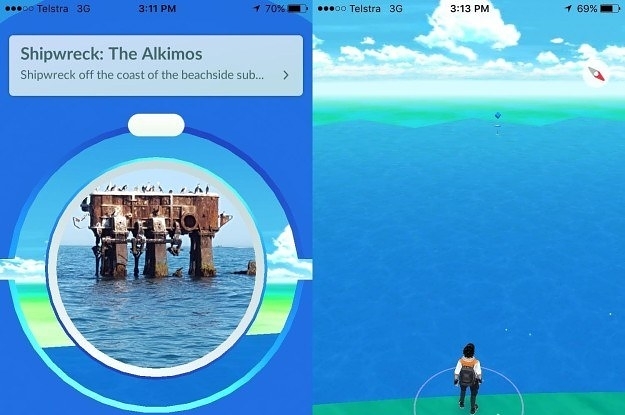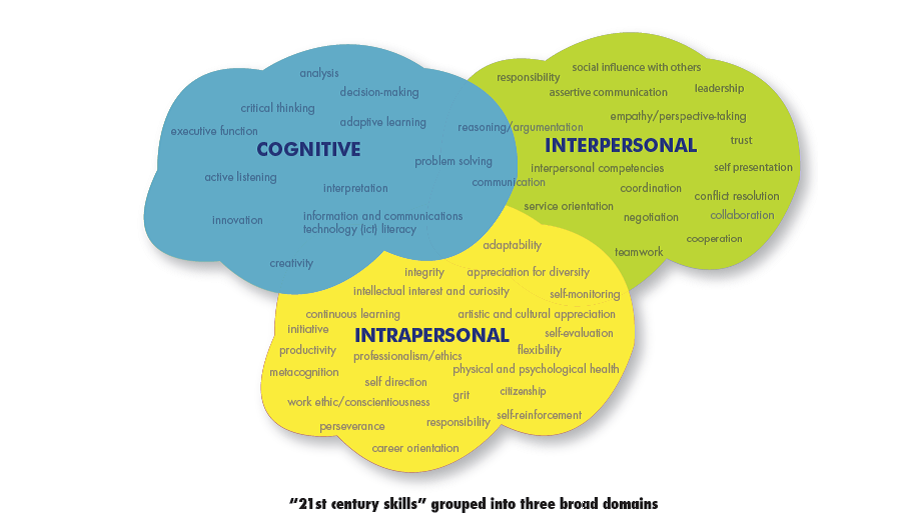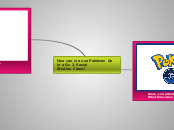How can we use Pokémon Go in a Gr. 2 Social Studies Class?

Smith, Craig. How Pokémon Go activities can be tailored to Gardner's Multiple Intelligences
Gr. 2 Social Studies Unit- Global communities connections
Numeracy/Logic: Students can compare numerically the number of Pokémon caught when collaborating with others using a Lure/ Incense or when being the "lone wolf" and working alone.
Spatial: Students would need to go out in the community to a Pokestop, which is placed on a public landmark like a mall, a historical building, or a park. How do shared interests bring community together to a gathering point?
Interpersonal: Students can speak with other trainers to discuss tips.
Naturalistic: Students can discuss the kinds of Pokemon that are "indigenous" to certain regions. How do the types of Pokémon (fire, water, air, electric) affect which region you venture into to find them (river, urban centre, wooded area)?

Animals by region: What comparisons can be made with the types of Pokémon found by region?

21st century skills: Collaboration made possible through gathering at Pokestops and setting a Lure.

Interpersonal: Take Selfies with other trainers that you meet at Pokestops and talk about tips and tricks.

Gr. 2 Curriculum broad skill of Exploring: How has a shared global gaming community incited exploration of unlikely places?

Global communities connections: How do shared interests bring community together to a gathering point?

Ontario Ministry of Education. Gr. 2 Social Studies Curriculum: Global Communities.
Nouns and concepts for Global Communities:
- Regions
- Relationships
- Community
- Geography
- Trends
- Maps
- Graphs
- Diversity
- Cause and Consequences
Verbs or actions for Global Communities:
- Explore or investigate
- Compare
- Describe
- Inquire
- Identify or locate
- Interpret or analyse
- Construct and organize data
Essential Questions for Global Communities:
- How does geographic location affect global communities?
- How does the natural environment affect the way people meet their needs?
- How do you treat the environment on a day-to-day basis?
- How does the way you treat the environment affect the global community?

Ontario Ministry of Education (2016). 21st Centrum Competencies- Foundation document for discussion
Key 21st Century Skills:
1. Critical Thinking
2. Communication
3. Collaboration
4. Creativity and Innovation
5. Citizenship
6. Character

21st Century Competences are related to:
1. Growth Mindset and metacognition
2. Local, global and digital citizenship
3. Entrepreneurship
4. Character Development
5. Cognitive, Interpersonal and Interpersonal growth

Growth Mindset inspired by Carol Dweck
5 part video series of Growth Mindset for students by ClassDojo

Digital and Global Citizenship
